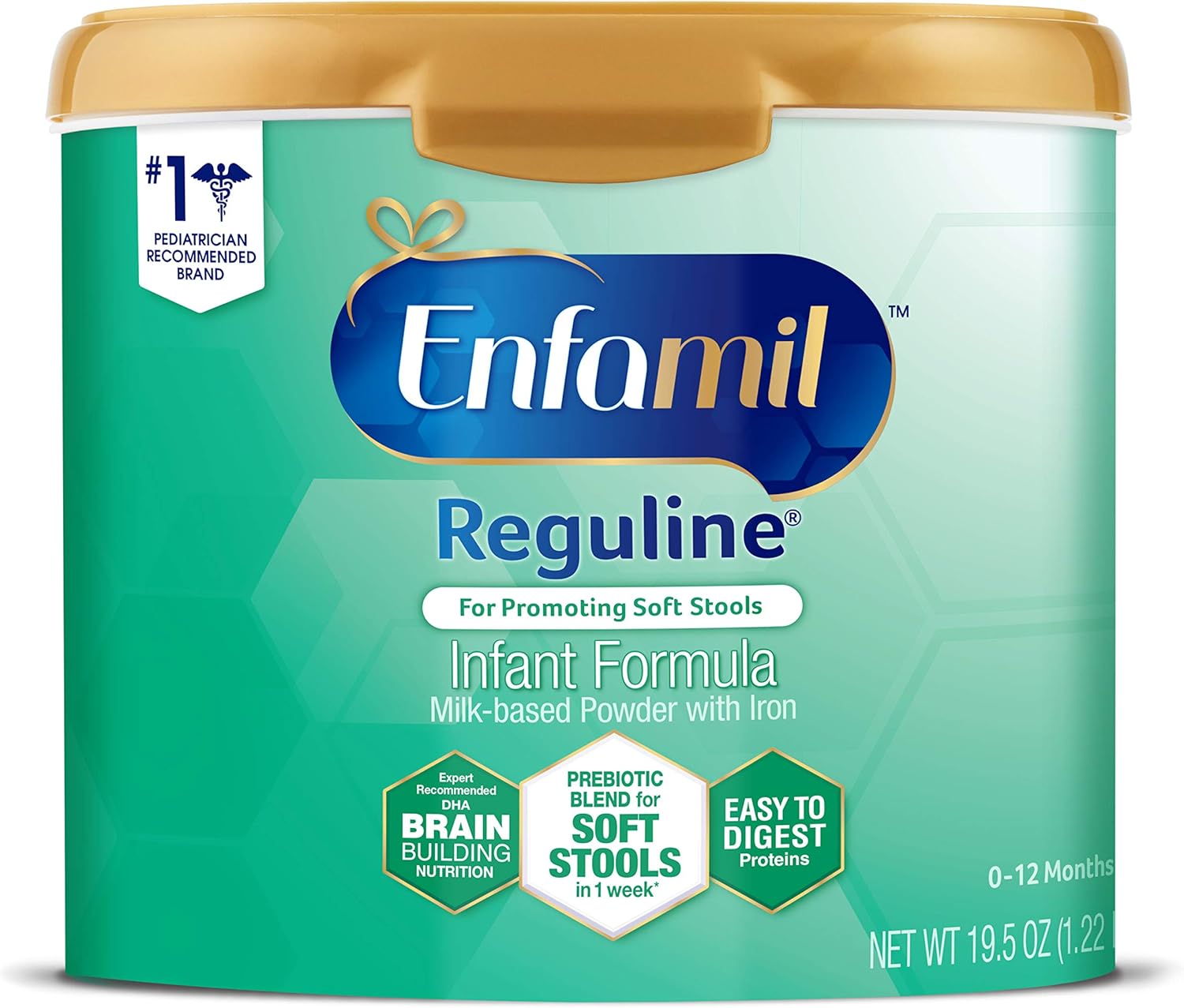Reviews in that Category
Formula, in the context of baby foods and feeding, typically refers to infant formula. Infant formula is a specially designed liquid or powder that serves as a substitute for breast milk when breastfeeding is not possible or not preferred. It is primarily used to provide adequate nutrition for infants during their first year of life.
Here are some key points about infant formula:
Nutritional Content: Infant formula is formulated to provide essential nutrients necessary for a baby's growth and development. This includes proteins, fats, carbohydrates, vitamins, and minerals.
Types of Formula: There are different types of infant formula available, including:
- Cow's Milk-Based Formula: The most common type, made from cow's milk that has been modified to be closer in composition to human breast milk.
- Soy-Based Formula: Suitable for babies with lactose intolerance or dairy allergies.
- Specialized Formulas: Some infants may require specialized formulas, such as hypoallergenic or preterm formulas, depending on their unique needs.
Preparation: Formula can be bought in either liquid concentrate or powdered form. It is mixed with water according to the manufacturer's instructions before being fed to the baby.
Feeding Schedule: The feeding schedule for an infant depends on their age and nutritional needs. Newborns typically feed every 2-3 hours, while older infants can go longer between feedings.
Storage: Prepared formula should be stored in the refrigerator and used within a certain timeframe to ensure its safety and nutritional value. Always follow the manufacturer's guidelines for storage and use.
Regulations: In many countries, infant formula is subject to strict regulations to ensure its safety and quality. Manufacturers must meet specific standards to produce and market these products.
Breastfeeding vs.Formula Feeding: While breastfeeding is recommended as the best source of nutrition for infants, formula feeding can be a suitable alternative when breastfeeding is not possible or chosen. It's important for parents to consult with healthcare professionals to make an informed decision about the best feeding method for their baby.
Transition to Solid Foods: As infants grow, they gradually transition from exclusive formula or breast milk to solid foods. This process typically begins around six months of age, but the timing can vary from one child to another.
It's crucial for parents or caregivers to consult with healthcare providers for guidance on selecting the right type of formula and ensuring proper feeding practices for their baby. The choice between breastfeeding and formula feeding should be based on individual circumstances and healthcare recommendations.

